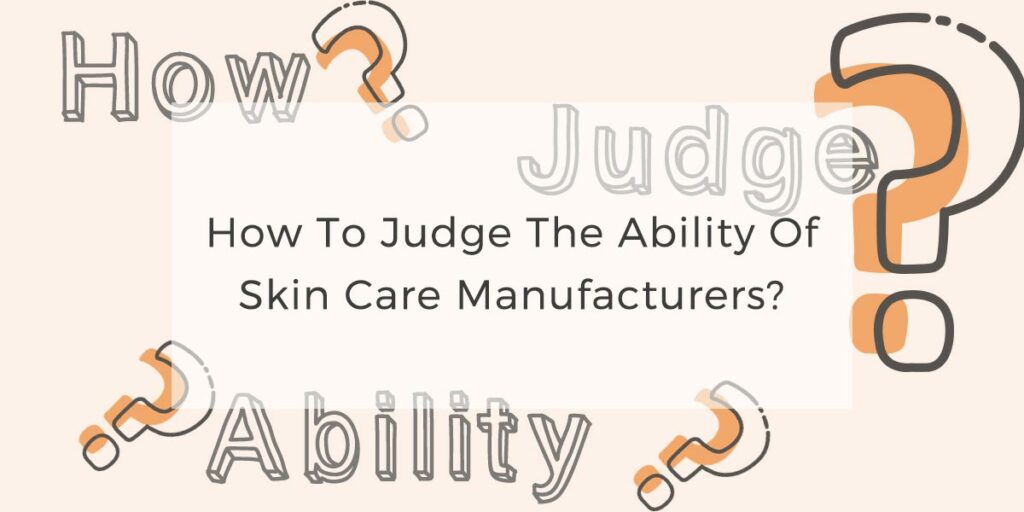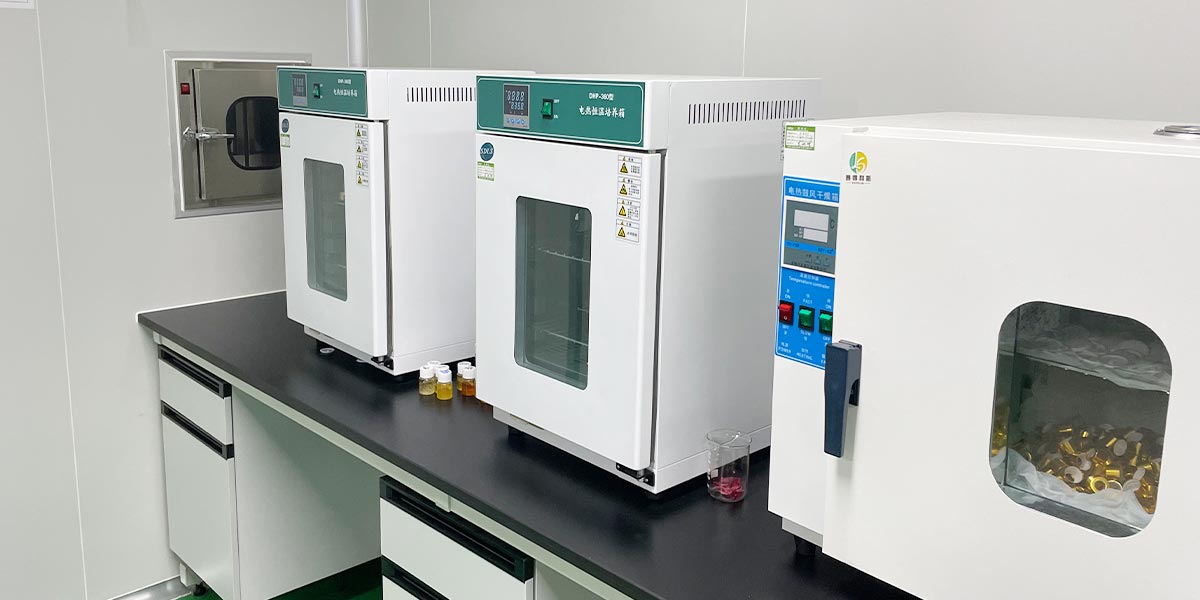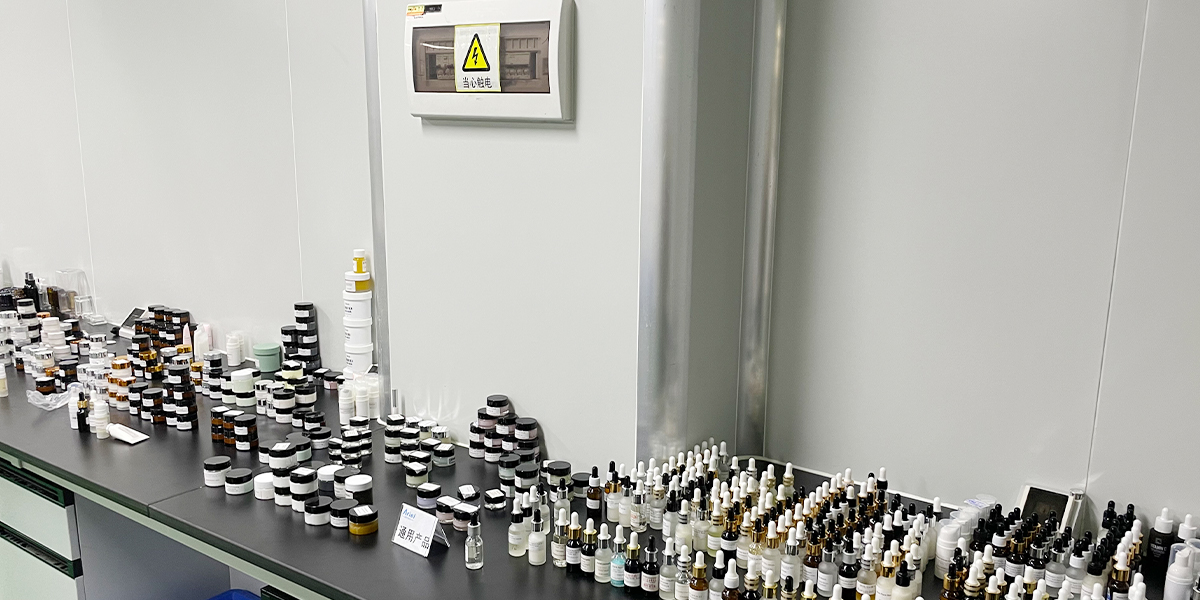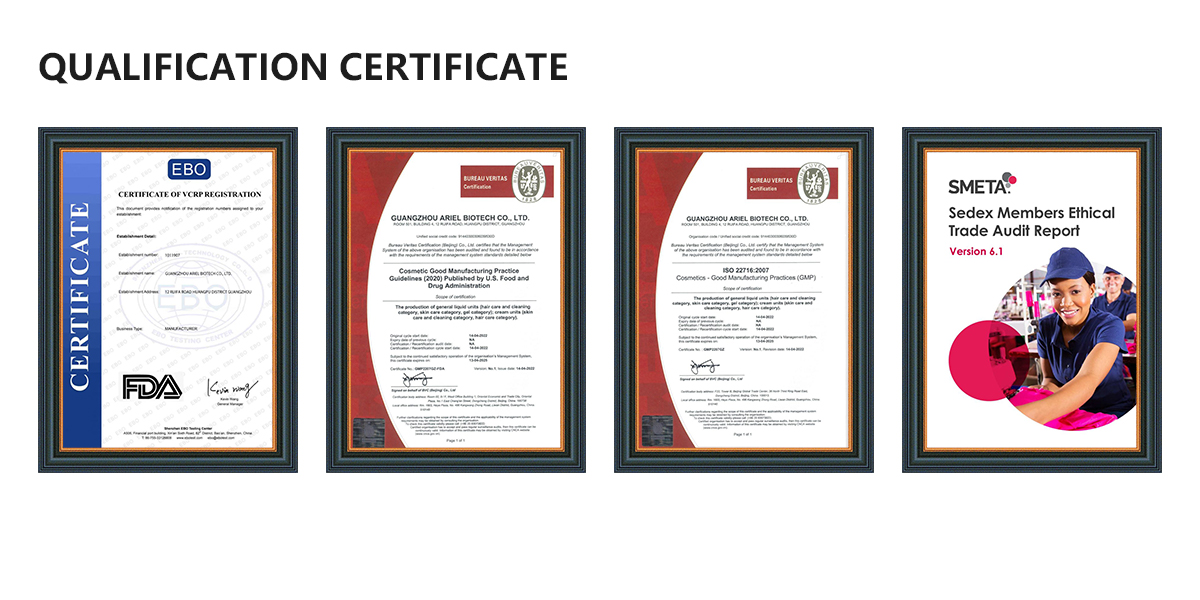To judge the ability of a skincare product manufacturer, the following aspects are mainly considered:
- History and Reputation
- R & D and Innovation Capabilities
- Product Quality and Safety
- Supply Chain and Production Process
- Consumer Feedback and Word of Mouth
- Raw Materials and Production Process
- Ingredients and Formulas
- Certificates and Certifications
- Partnerships
- Consumer Feedback and Word of Mouth
- After-sales Service and Customer Support
History and Reputation
A brand with a good reputation and long existence usually means that the manufacturer has certain experience and ability in the field of skincare products. Researching a brand’s history and market performance can provide some clues.
R & D and Innovation Capabilities
Find out if the manufacturer conducts scientific research and continuous innovation to provide high-quality and effective skin care products. Looking at their R&D strength, cooperation with scientific research institutions, number of patents and other information can evaluate their innovation capabilities.
Product Quality and Safety
Assess the manufacturer’s product quality and safety, including the safety of ingredients, the degree of product testing and verification, etc. Looking for relevant certifications, such as ISO certification, GMP certification, etc., can provide certain guarantees.
Supply Chain and Production Process
Know whether the manufacturer’s supply chain management and production process are standardized, traceable, and transparent. Manufacturers should have good quality control standards and production practices. To ensure product consistency and reliability.
Consumer Feedback and Word of Mouth
Check out consumer reviews and feedback on the manufacturer’s products. Read online reviews, discussions, and testimonials on social media for real experiences and opinions of other consumers.
Raw Materials and Production Process
The raw materials of skin care products are the top priority in the production process of cosmetics. The raw materials and production process of skin care products can vary according to the specific product type and brand. A good raw material and a good production process can keep your products in an advantageous state in the market.
Ingredients and Formulas
Understand the manufacturer’s knowledge and mastery of product ingredients and formulations. Are they using safe and effective ingredients? Is there a professional team of formulators? The composition and formulation of a product have a significant impact on the quality and efficacy of the product.
Certificates and Certifications

Numerous certificates and certifications exist in the skincare industry to ensure the quality, safety, and sustainability of products. Here are some common certificates and certifications for skin care products: ISO22716: ISO22716, COSMOS, USDA, ECOCERT, Vegan, Cruelty-Free, Purity Test, and Safety Evaluation. These tests and evaluations can include microbiological testing, stability testing, skin irritation testing, etc.
Partnerships
Skincare manufacturers and partnerships are their collaborations and partnerships with other brands, suppliers, and professional bodies. It mainly examines their cooperation with brands, raw material suppliers, packaging suppliers, R&D, sales and distribution, and professional institutions.
Consumer Feedback and Word of Mouth
Investigate consumer evaluation and feedback on the manufacturer’s products, which can be obtained through reviews on the Internet, social media, consumer questionnaires, etc. Understanding the experiences of other consumers can help assess a manufacturer’s capabilities and product quality.
After-sales Service and Customer Support

Does the manufacturer provide good after-sales service and customer support? Find out about their return and exchange policies, customer service responsiveness, and ability to resolve customer issues.





